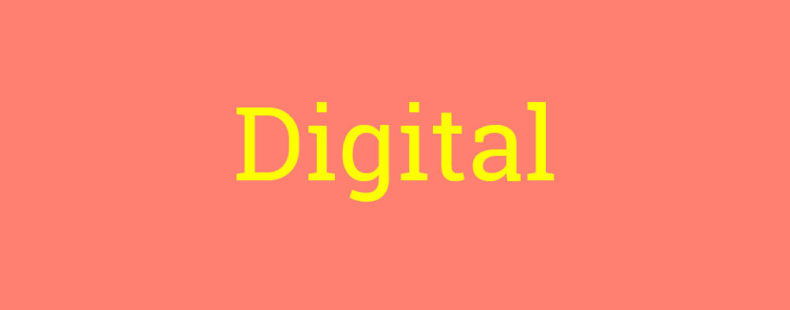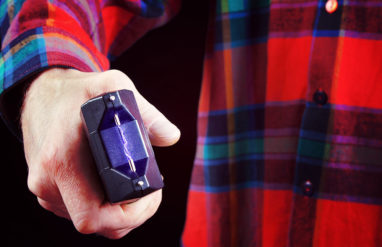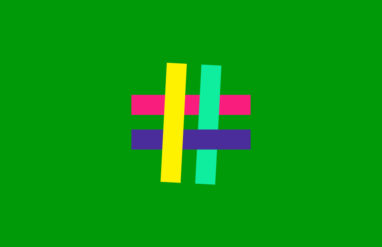Digital
It’s hard to imagine how the word digital could describe anything other than the “smart” gadgets we can’t keep our hands off of. Far from the strings of 0s and 1s powering computerized technology today, digital once (quite simply) meant “pertaining to the fingers.” Makes sense, right?
Aside from the innovation of devices with instant access to the world’s knowledge, the Digital Age is an incredible period that has contributed to how language evolves. The semantic development of digital from “fingers” to “computers” exemplifies this journey from manus (“hands”) to machina (“machine”) in our lexicon. What are some other digital words that have interesting
analog
pasts?
























